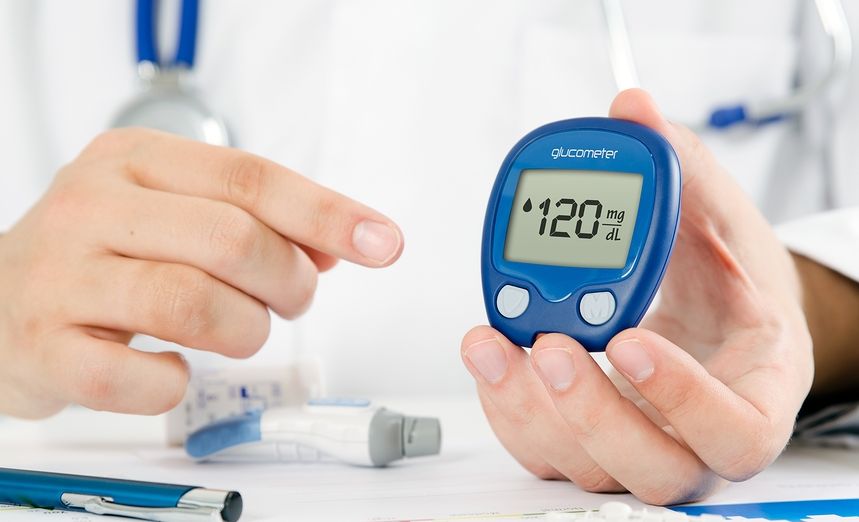
There are so many obstacles that one can experience in their day to day life- how to handle these obstacles are very important, as it may affect our health mentally, emotionally, and even physically.
Cortisol is a hormone that helps the body respond to stress, and maintains other crucial functions within your body, such as regulating blood pressure, blood sugar, reducing inflammation, sleep-wake cycles, and is produced by your adrenal glands.
It is important to note that having high levels of cortisol can result in having a lack of sex drive, irregular sleep, irregular period cycles, headaches, and anxiety and depression.
Symptoms of High or Low Cortisol Levels
Although cortisol plays a huge role in regulating many of the bodily functions, it is commonly known as the “stress hormone”, because it’s what is released when your body experiences stress.
Some symptoms of having high cortisol levels may include weight gain, muscle weakness throughout your body, high blood sugar, or high blood pressure. Symptoms of low cortisol levels may include fatigue, weight loss, and poor appetite.
Methods that you can do to improve or help regulate cortisol levels are eating a healthy, balanced diet, limiting caffeine intake, taking supplements, exercising regularly, or researching techniques to relax. Many individuals find great results through journaling, taking a daily walk, meditation, and other amazing ideas. In doing these solutions, one may find positive improvements through their life, whether mentally, or through physical changes within their body.
It is also beneficial to get regular cortisol testing with your local healthcare provider to help determine and diagnose medical conditions. These tests may be done through giving urine, saliva, or blood.

References
Cleveland Clinic. "Cortisol: What It Is, Function, Symptoms, & Levels." Cleveland Clinic , 10 Dec. 2021, my.clevelandclinic.org/health/articles/22187-cortisol.
Holman, Tayla. "How to Reduce Stress Hormones: 5 Ways to Lower Cortisol Levels." HCA: Houston Healthcare , 1 Apr. 2024, www.hcahoustonhealthcare.com/healthy-living/blog/how-to-reduce-stress-hormones-5-ways-to-lower-cortisol-levels.


